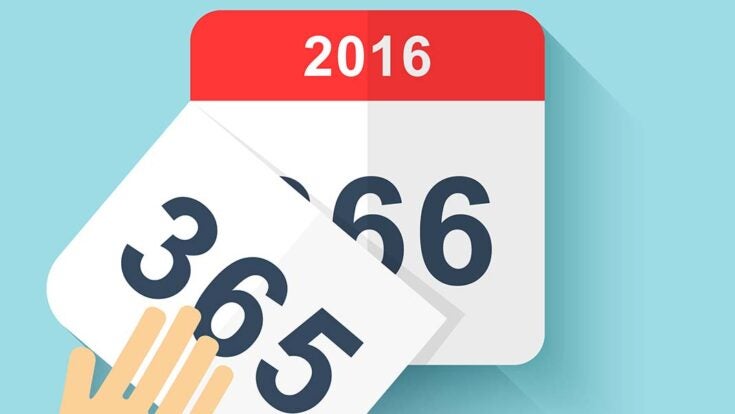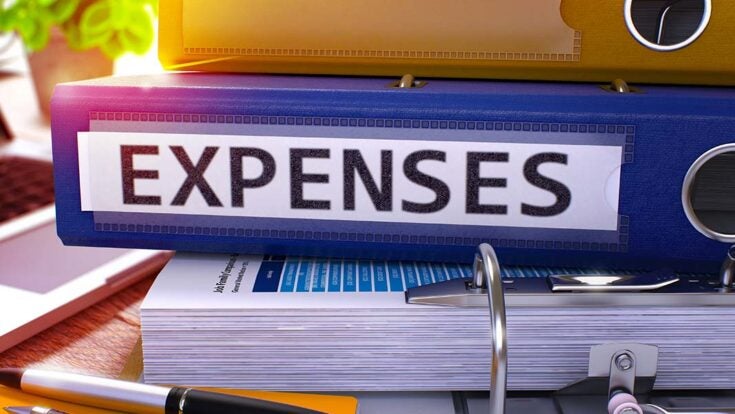Posts Tagged ‘Accounting’
A Guide to Balance Sheets and Income Statements
When you own a small business, organization and good recordkeeping are two of the most powerful tools you have at your disposal. Keeping track of things like sales, outstanding invoices and monthly expenses is essential to understanding how healthy your business is at any given moment. Proper records are also a must if you plan…
Read More6 Tax Tips for New Small Business Owners
Did you just start your own lawn service or construction company? Launching a business is one of the most exciting things you can do, but you must be prepared for a whole new set of tax laws and requirements for small business owners. These tips can help you remain compliant with all tax authorities and…
Read More13 Reasons Commercial Accounting Software is Better Than Excel Spreadsheets
It’s a little ironic: Spreadsheets launched the personal computer business back in 1979 yet today spreadsheets can sink your small business…if you insist on using them for your accounting. VisiCalc was probably the first “killer app” and it gave millions of people an excuse to buy a computer for both business and personal use, and…
Read MoreSmall Business Accounting: How Much Of It Do You Really Need?
Entrepreneurs usually know very little about small business accounting when they launch their startup or local business. They’ve had an idea or see a problem that needs to be solved and they “go for it.” This can, however, be a huge mistake. The only way to really judge where your business is going and therefore…
Read MoreWhat is Depreciation and How Does It Affect My Taxes?
You’ve likely heard the terms depreciate and depreciation when it comes to tax matters. But do you really understand the basics of these concepts and how they apply to your taxes? Depreciation Defined In layman’s terms, the basic concept of depreciation revolves around an income tax deduction. This IRS write-off allows a taxpayer to recover the cost of certain…
Read MoreCommon and Costly Bookkeeping Mistakes
Tax Question What are common and costly mistakes made in corporate bookkeeping during the year and how can these be avoided? Facts There are many simple checks and cross checks that can be done monthly to help find and correct common and costly bookkeeping mistakes. Discussion Bank accounts, Accounts Receivable, Accounts Payable, and Sales Tax…
Read MoreFiguring Out the Best Corporate Year End Date
The year end date is important as it identifies the end of a corporation’s business year and can have an impact on tax planning. It has to be determined for a corporation’s first tax filing and is typically the last day of a month. So what year end date should you choose? Discussion There are…
Read MoreEverything You Need to Know About Expense Reimbursement
Travel, dining, mileage, office supplies and other costs that employees incur as part of their jobs are all considered business expenses. That seems straightforward enough. What’s not so clear-cut is the process of reimbursing business expenses. If you’re in the process of establishing or revamping your company expense practices and procedures, the following is a…
Read MoreBusiness Plan Financials: Cash vs. Accrual Bookkeeping
I hate the buzzwords and general environment related to accounting and financial terms. No wonder business owners shy away from it. “Accrual accounting” sounds like something you do with thumb screws, rack, and chains. But—damn—it matters. If you run a business, you have huge incentive to understand this stuff. And there is some good news…
Read MoreRetirement Plan Options for Small Businesses
According to the US Small Business Administration, small businesses employ half of all private sector employees in the United States. However, a majority of small businesses do not offer their workers retirement savings benefits. If you’re like many other small business owners in the United States, you may be considering the various retirement plan options available…
Read More









